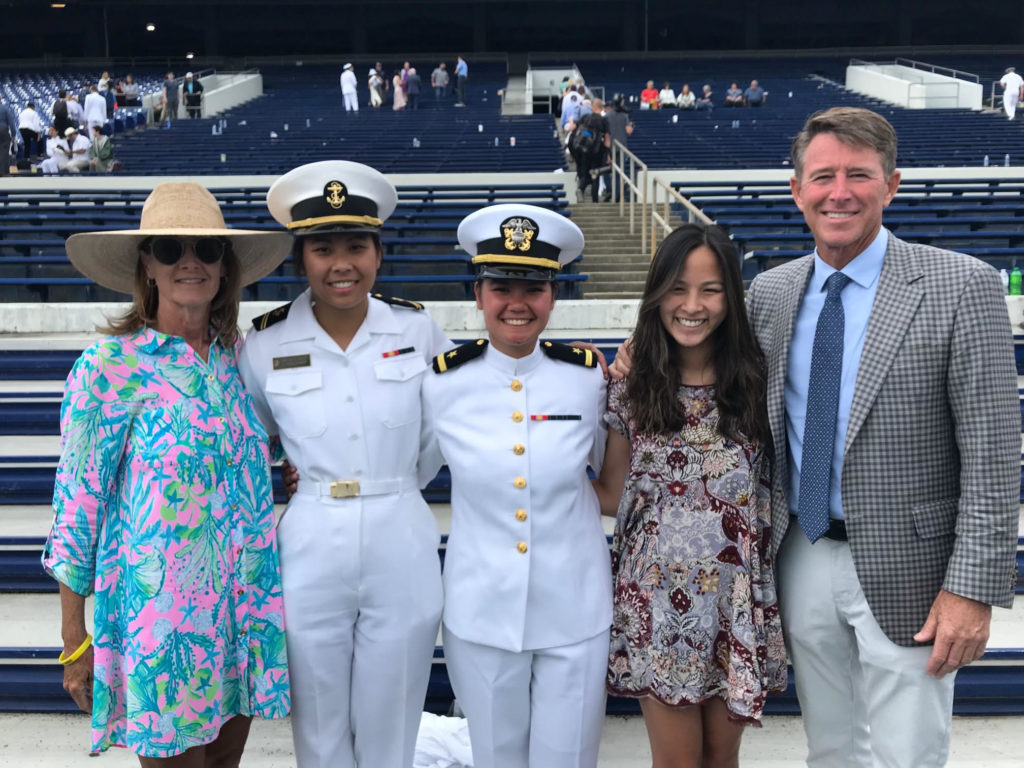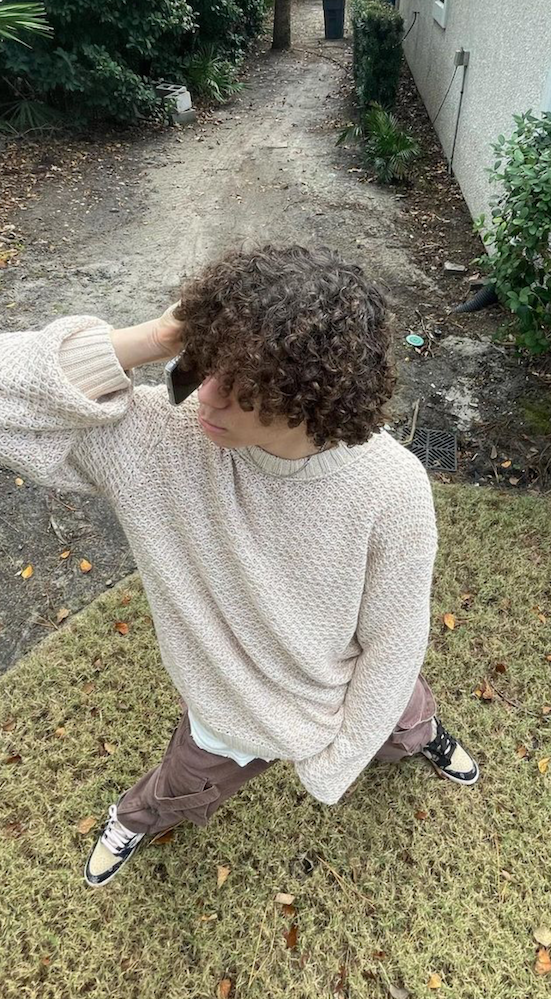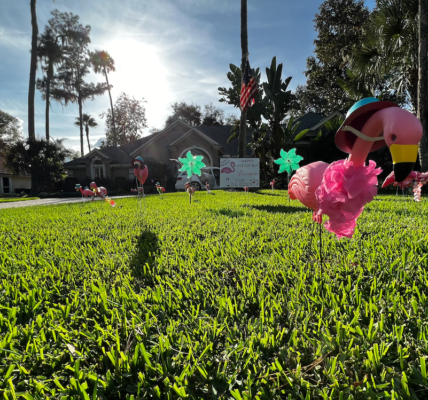By Leila Wickliffe
It may be surprising, but being able to know one’s origin is not a given for everyone. Many people around the world are adopted yearly both nationally and internationally. According to the Congressional Coalition on Adoption Institute, 256,135 international children were adopted in the United States between 1999 and 2014. In more recent years, there has been an 82 percent decrease in international adoption in the US, but in 2018 China still had the highest number of adoptees at 1,475 children adopted that year. Despite feelings of alienation that adoptees may feel, thousands of people across the country have shared experiences of growing up adopted.
Many international adoptees encounter internal issues that spur from their adoption. Unanswered questions pertaining to a person’s adoption is, arguably, the biggest issue. Sarah Root, a freshman at University of South Florida, who was adopted from China says, “When I was younger I didn’t want to meet my biological parents because I was angry at them for leaving me. Now that I’m older I would be interested in meeting them and ask them what the reason was of why they had to put me up for adoption.” It can be quite confusing for adoptees in these situations, especially since many adoptions like these are done in confidence. I have had these questions too. To this day, I do not know if my birthday is actually my birthday due to the nature of my adoption. I have many questions, but I know they will most likely remain unanswered.

International adoptees could feel disconnected from their heritage if they are adopted into a family that is not a part of their culture. They do not have the privilege of knowing their culture through their family. Many adoptive parents cannot provide an authentic look at their culture, so those people must find alternative sources about their culture. Root says, “I was interested in knowing my culture, and I sometimes wish I was more involved with my culture.” Cultural estrangement is not uncommon amongst adoptees, but organizations like The Child Welfare Information Gateway offer resources to parents to help keep their child connected to their culture. Root offers a couple ways she found to learn about her culture, not only did she learn from her sister who was also adopted from China, but Root adds, “I took a Chinese course that was available in my school which made me feel a little closer to my culture.” Root found a way to connect with her culture and have a sense of belonging to both her past and present.
“I took a Chinese course that was available in my school which made me feel a little closer to my culture.”
sarah root
Despite the issues that may arise, adoption can provide many opportunities for people that they might not have had in their previous situation. Root agrees and says, “If I was adopted into a different household, I would have ended up becoming a completely different person. All in all, I am very happy to be a part of the household I am in now.” Root continues on that she is grateful that she was adopted because she wouldn’t be in America and “…would not have the education” she has now. Root says that she is completely content with not knowing who she might have been if she was not adopted. Being adopted does not necessarily have any downfalls, just some unanswered questions. However, learning to accept the unknown is a way to find closure about those questions.






That’s my niece!! Woohoo. Great job Leila ! Keep it up!!!